Find Help
More Items From Ergsy search
-
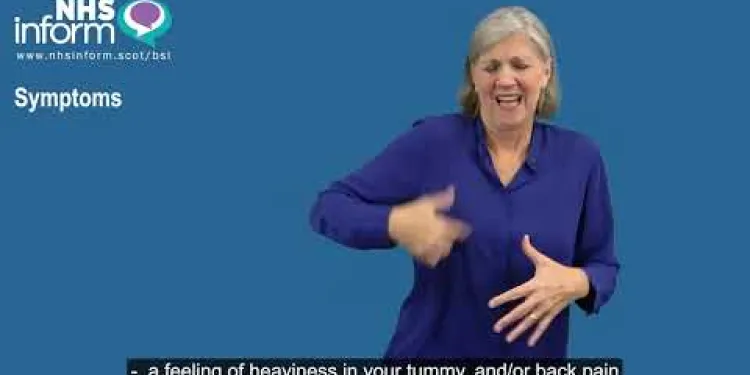
Period pain (dysmenorrhoea) - BSL
Relevance: 100%
-
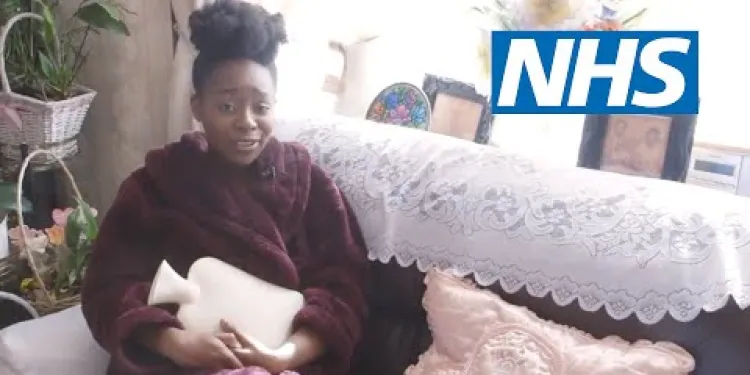
How to deal with period pain | NHS
Relevance: 96%
-
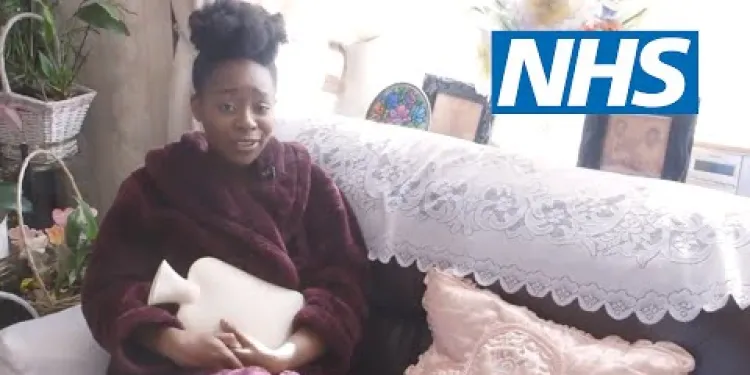
How to deal with period pain | NHS
Relevance: 96%
-
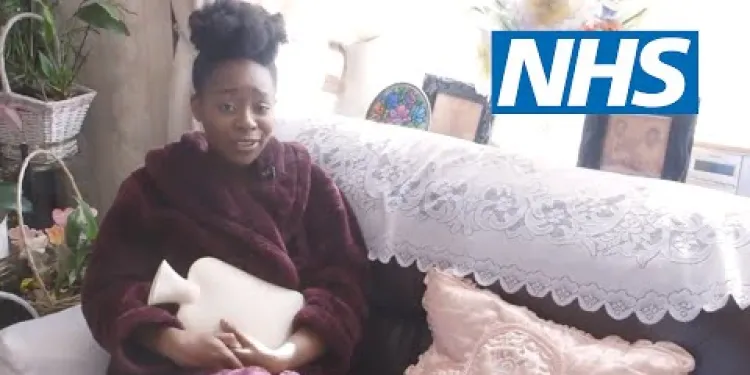
How to deal with period pain | NHS
Relevance: 96%
-
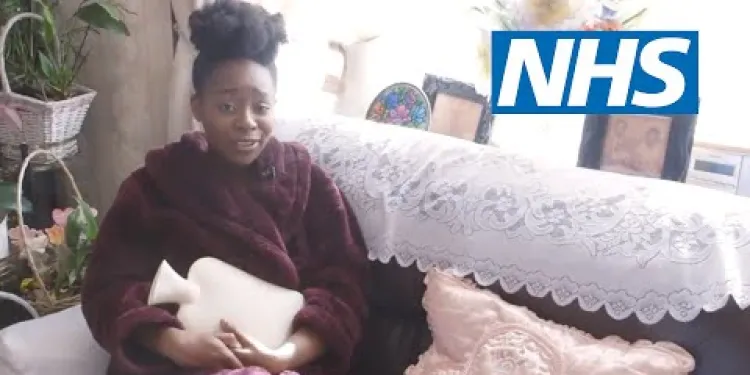
How to deal with period pain | NHS
Relevance: 96%
-
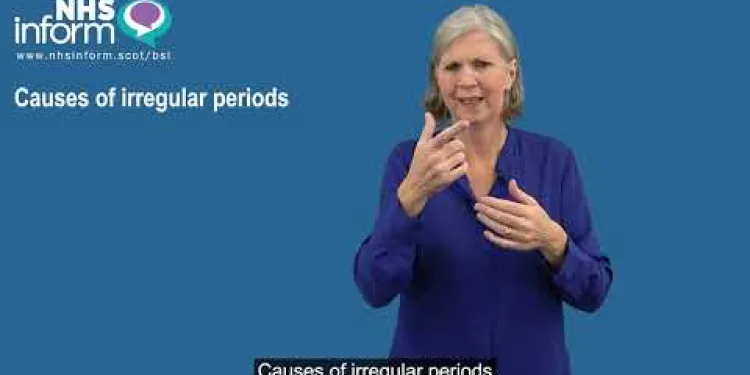
Irregular periods - BSL
Relevance: 63%
-

Is a facelift painful?
Relevance: 62%
-

Is a mammogram painful?
Relevance: 58%
-
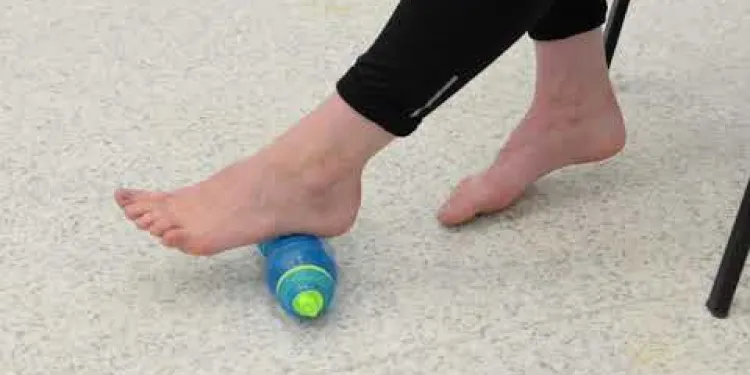
Foot Pain
Relevance: 55%
-
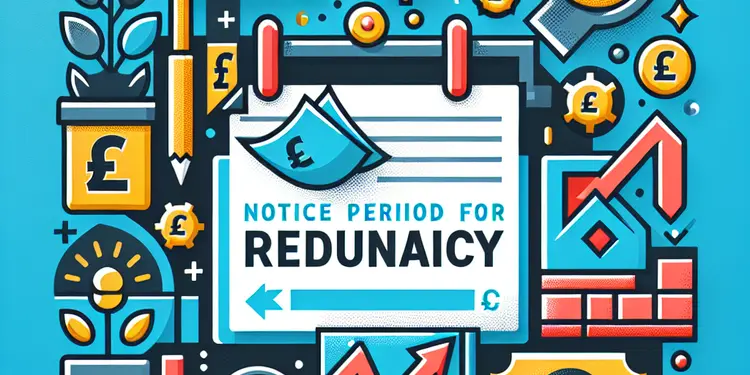
What is the notice period for redundancy?
Relevance: 54%
-
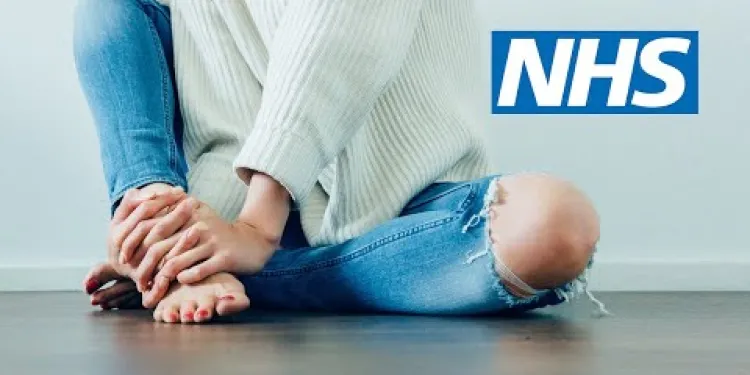
Heel pain | NHS
Relevance: 53%
-

What you need to know about irregular periods
Relevance: 53%
-

What should I avoid doing during the recovery period?
Relevance: 53%
-
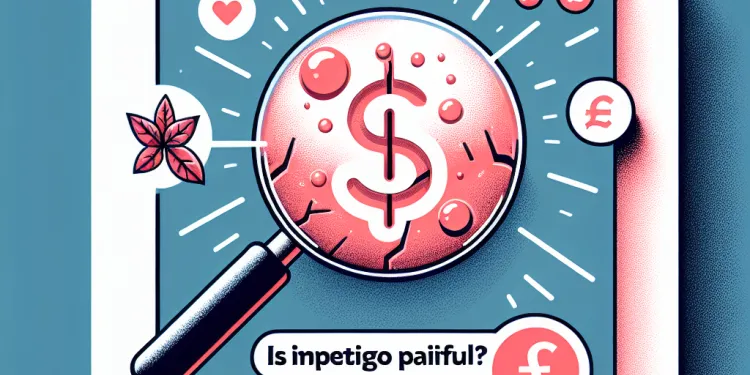
Is impetigo painful?
Relevance: 53%
-
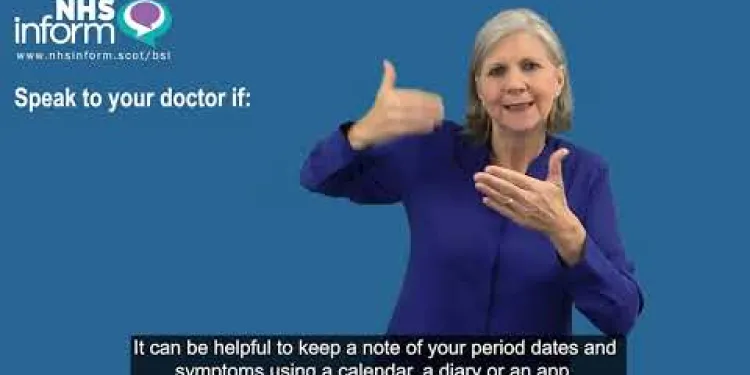
Heavy periods (heavy menstrual bleeding)
Relevance: 52%
-
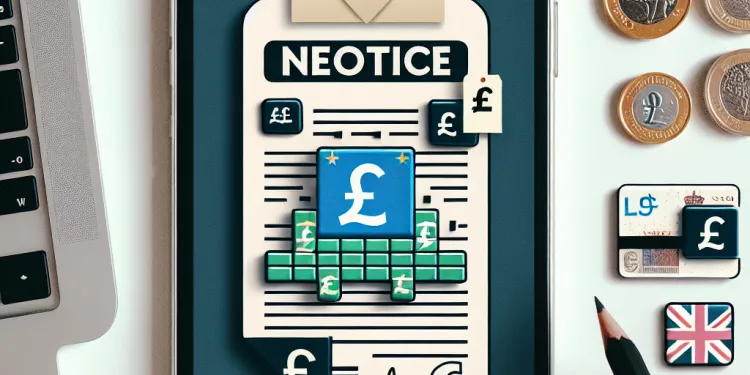
Has the notice period for eviction changed?
Relevance: 52%
-

How long is the incubation period for the Marburg virus?
Relevance: 51%
-

Will I feel pain during the procedure?
Relevance: 51%
-

Shoulder pain | NHS
Relevance: 50%
-

Shoulder pain | NHS
Relevance: 50%
-
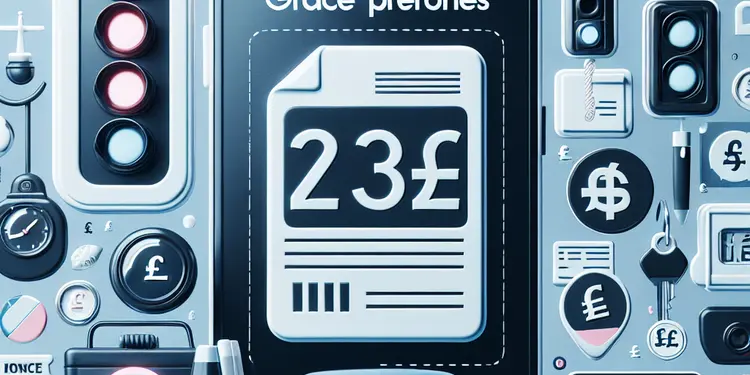
What is the grace period for the penalty point system?
Relevance: 49%
-
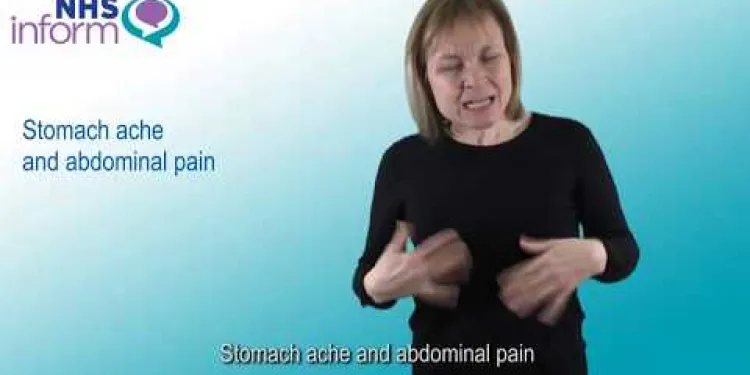
Stomach ache and abdominal pain
Relevance: 49%
-
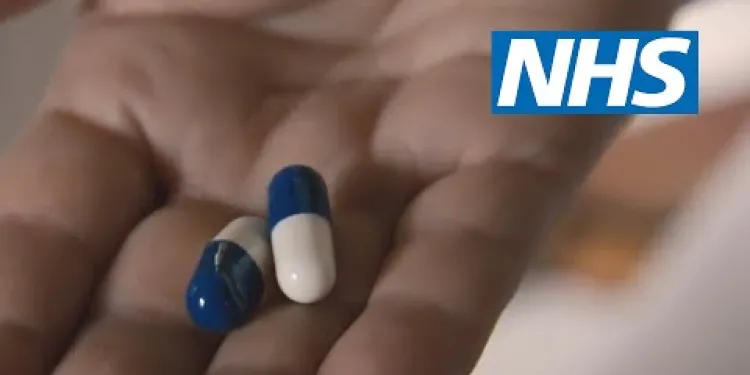
How to treat back pain | NHS
Relevance: 48%
-
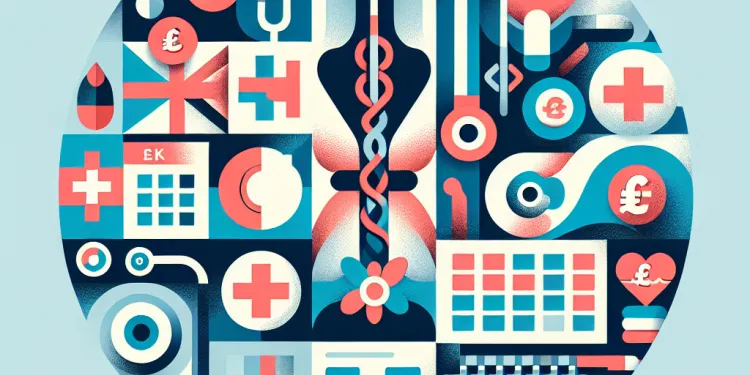
Can the test be performed during my menstrual period?
Relevance: 48%
-
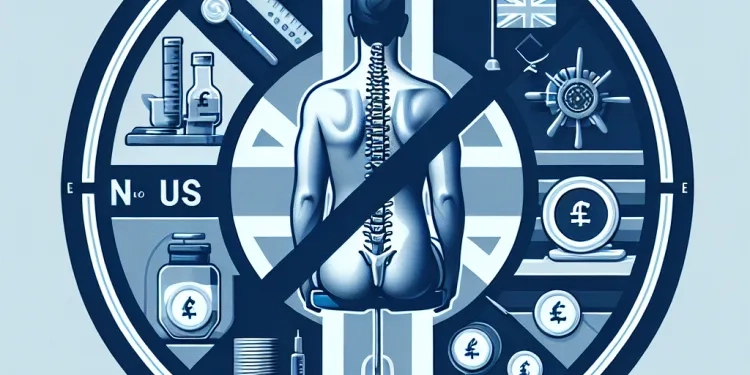
Are chiropractic treatments painful?
Relevance: 48%
-

Can I use Ibuprofen for menstrual pain?
Relevance: 47%
-

Is the womb lining test painful?
Relevance: 47%
-

What happens when the introductory APR period ends?
Relevance: 47%
-

Mechanical Lower Back Pain
Relevance: 47%
-

Advice on neck pain and whiplash
Relevance: 47%
-

Shoulder subacromial shoulder pain
Relevance: 47%
-

Shoulder pain | NHS
Relevance: 46%
-
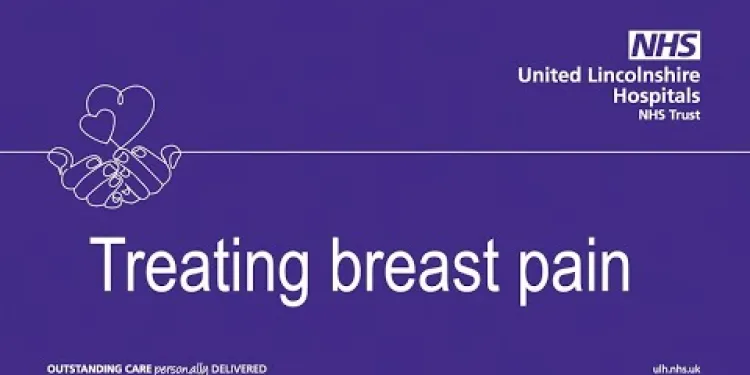
Treating breast pain | United Lincolnshire Hospitals NHS Trust
Relevance: 46%
-

Greater trochanteric pain syndrome
Relevance: 46%
-

What is the minimum service period to qualify for firefighter pension benefits?
Relevance: 45%
-
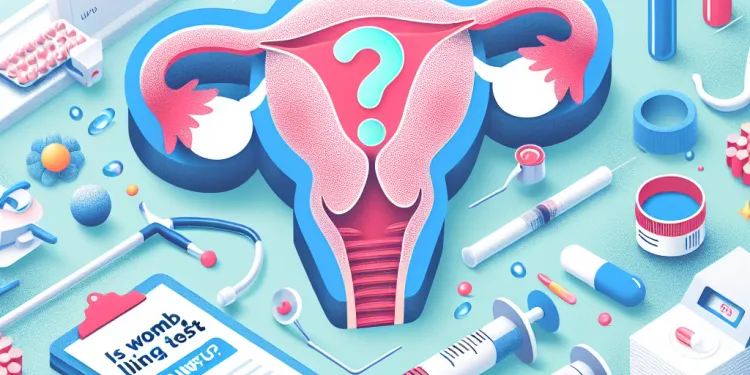
Is a womb lining test painful?
Relevance: 44%
-

Useful information for patients with lower back pain
Relevance: 44%
-

What is the role of pain management in treating whiplash?
Relevance: 44%
-

How do chiropractors treat back pain?
Relevance: 44%
-

How do NSAIDs work to reduce pain?
Relevance: 43%
How to Deal with Period Pain
Understanding Period Pain
Period pain, also known as dysmenorrhea, is a common issue faced by many women. It typically occurs just before and during the first few days of your menstrual period. The main cause of period pain is the contraction of the uterus as it sheds its lining. For some, the pain can be mild, while for others, it can severely affect daily activities. Understanding the nature of period pain can help in managing it effectively.Over-the-Counter Pain Relief
One of the most effective ways to manage period pain is through over-the-counter (OTC) pain relief medications. Nonsteroidal anti-inflammatory drugs (NSAIDs) such as ibuprofen or aspirin can reduce the intensity of cramps by reducing the production of prostaglandins, the chemicals that cause uterine contractions. Always follow the dosage instructions on the package and consult with a pharmacist if you have any concerns or pre-existing conditions.Heat Therapy
Applying heat to the lower abdomen can provide significant relief from period pain. Using a hot water bottle, heating pad, or even having a warm bath can help relax the muscles around the uterus, reducing the severity of cramps. Heat therapy can be particularly beneficial if over-the-counter medications are not suitable for you.Exercise and Movement
While it may seem counterintuitive to exercise when in pain, light physical activities like walking, stretching, or yoga can alleviate period pain. Exercise helps release endorphins, which are natural painkillers, and can reduce the perception of pain. Even simple stretches focusing on the lower back and abdomen can provide relief.Relaxation Techniques
Stress and tension can exacerbate period pain. Methods such as deep breathing exercises, meditation, and other relaxation techniques can help manage stress and reduce the perception of pain. Practicing mindfulness or engaging in activities that you find calming can also be beneficial.Dietary Changes
Certain dietary changes may help alleviate period pain. Try to consume a balanced diet rich in fruits, vegetables, and whole grains. Reducing intake of caffeine, alcohol, and fatty foods is also advisable as these can increase bloating and discomfort. Staying well-hydrated is equally important.When to See a Doctor
If your period pain is severe and unrelieved by over-the-counter medications, or if it is interfering significantly with your daily life, it is important to seek medical advice. Conditions like endometriosis or fibroids can cause severe menstrual pain and may require different treatments. Your doctor may recommend hormonal contraceptives or other medications to help manage the pain.Conclusion
Period pain is a common but manageable issue. Through a combination of over-the-counter medications, heat therapy, exercise, and lifestyle changes, you can reduce the discomfort associated with your menstrual cycle. If the pain persists or worsens, do not hesitate to consult with a healthcare professional for further advice and treatment options.How to Help with Period Pain
What is Period Pain?
Period pain is when your tummy hurts during your period. Many girls and women feel this pain. It usually starts just before your period and lasts for a few days. The pain happens because the uterus is getting rid of its lining. For some, it hurts a little. For others, it can be very painful.Medicine You Can Buy
You can buy medicine to help with period pain. These medicines include ibuprofen and aspirin. They help by stopping the chemicals that cause the pain. Remember to follow the instructions on the packet. Ask a pharmacist if you have questions.Using Heat
Heat can help with period pain. You can use a hot water bottle, a heating pad, or take a warm bath. Put the heat on your lower tummy. This can help stop the pain by relaxing your muscles.Moving and Exercising
Exercise can help when you are in pain. Try walking, stretching, or yoga. Exercise makes your body release endorphins. Endorphins make you feel good and can reduce pain. Even simple stretches can help your lower back and tummy feel better.Relaxing and Calm Breathing
Being stressed can make period pain worse. Try calm breathing. You can also do meditation or other relaxing activities. Being calm can help with the pain.Eating Healthy Foods
Eating the right foods can help with the pain. Eat lots of fruits, vegetables, and whole grains. Try not to have too much coffee, alcohol, or fatty foods. These can make pain worse. Drink plenty of water, too.When to Talk to a Doctor
If the pain is very bad and medicine does not help, you should see a doctor. Some conditions can cause more pain, like endometriosis or fibroids. A doctor can help with special treatments or medicines.Wrap-Up
Period pain is common, but there are ways to make it better. Medicine, heat, exercise, and eating well can all help. If the pain stays bad, talk to a doctor. They can help find other solutions.Frequently Asked Questions
What are period pains?
Period pains are cramping abdominal pains associated with menstruation. These can be felt as a dull or intense ache.
Why do period pains occur?
Period pains, also known as dysmenorrhoea, occur due to the contraction of the uterus to shed its lining, which releases prostaglandins causing pain and inflammation.
What can I do to relieve period pain at home?
You can manage period pain by using over-the-counter painkillers, applying heat to your abdomen, exercising, or taking a warm bath.
Are there specific exercises to ease period pain?
Gentle activities like walking, yoga, and stretching can help ease period pain by increasing blood flow and reducing tension.
What over-the-counter medications help with period pain?
Nonsteroidal anti-inflammatory drugs (NSAIDs) like ibuprofen or aspirin are effective in reducing period pain.
Can applying heat help with period pain?
Yes, applying a heat pad or hot water bottle to your lower abdomen can relax muscles and alleviate period pain.
Are there any dietary changes that can help with period pain?
Maintaining a balanced diet, staying hydrated, and reducing caffeine and salt intake can positively affect period pain.
When should I see a doctor about period pain?
You should see a doctor if your period pain is severe, affects your daily life, or if you have symptoms like heavy bleeding or irregular periods.
Can hormonal contraception help with period pain?
Yes, hormonal contraceptives like the pill, patch, or injection can reduce the severity of period pain for many women.
Is period pain a sign of a medical condition?
Severe period pain can sometimes be a symptom of underlying conditions such as endometriosis or fibroids. Consult a doctor for proper diagnosis.
Can lifestyle changes help manage period pain?
Yes, maintaining a healthy lifestyle with regular exercise, a balanced diet, and stress management can help alleviate period pain.
Are there any long-term treatments for period pain?
Long-term treatments may include hormonal contraceptives or other medications prescribed by your doctor. In some cases, surgical options might be considered.
Can I use alternative therapies to treat period pain?
Some people find relief using acupuncture, acupressure, or herbal supplements, but it’s important to consult a healthcare provider before trying alternative therapies.
Is it safe to exercise during my period?
Yes, mild to moderate exercise is generally safe and can help alleviate period pain and improve overall well-being.
How can I track my period pain effectively?
Keeping a menstrual diary or using a period tracking app can help you monitor the intensity and pattern of your period pain and identify any changes over time.
What are period pains?
Period pains are the tummy aches some people get during their period. A period is when blood comes out from the inside of the body through the vagina.
These pains can feel like cramps or sharp, stabbing pains. They usually happen before or during the period.
If you have period pains, here are some things that might help:
- Rest and make yourself comfortable.
- Use a warm bottle or heat pad on your tummy.
- Ask an adult for medicine to help the pain.
Period pains are tummy pains that happen when you have your period. Your period is when you bleed once a month. The pains can feel like a dull ache or a really strong ache.
Why do period pains happen?
Period pains are cramps you feel in your belly. They happen because your body is getting ready to shed the lining of your uterus. This is part of a monthly cycle called a period or menstruation.
Here are some ways to feel better:
- Put a warm cloth or heating pad on your belly.
- Take deep breaths and relax.
- Ask an adult about taking medicine to help with the pain.
Period pains, or tummy cramps, happen because the womb squeezes to let go of its lining. This squeezing makes chemicals that cause the pain and swelling.
How can I make period pain feel better at home?
You can help stop period pain by:
- Taking medicine you can buy at the shop to help with pain.
- Putting something warm, like a hot water bottle, on your tummy.
- Doing some gentle exercise like walking.
- Having a warm bath.
Can you do exercises to help with period pain?
Easy things like walking, doing yoga, and stretching can help with period pain. They make you feel better because they get your blood moving and help your muscles relax.
If you find it hard to understand, you can ask someone to read with you or use an app that reads aloud.
What medicines can I buy without a prescription to help with period pain?
When you have period pain, some medicines can help. You can buy these at a pharmacy or store. You don't need a prescription from a doctor.
Here are some medicines that might help:
- Paracetamol - This helps with pain and is gentle on the stomach.
- Ibuprofen - This also helps with pain and swelling.
- Naproxen - Good for strong pain. It also helps with swelling.
It's important to follow the instructions on the box. Ask a pharmacist if you're not sure. They can give you good advice.
Other things can help with period pain too. You can use a warm water bottle on your tummy. Resting and relaxing might help. Drinking plenty of water is also good.
Medicines like ibuprofen or aspirin can help to stop period pain. These medicines are called NSAIDs, but you don't need to remember that. They can make you feel better.
If you find it hard to take tablets, you can ask an adult for help. You can also try using a hot-water bottle on your tummy or resting to feel better.
Can using heat help with period pain?
Period pain can hurt. Heat might help make it feel better.
You can use things like a warm towel or a heating pad on your tummy.
Ask an adult if you need help. You can also talk to a doctor for more ideas.
Yes, you can use a warm heat pad or a hot water bottle on your tummy to help with period pain. It helps relax muscles and make the pain feel better.
If you find it hard to read or understand words, you can use tools like text-to-speech. These tools read the words out loud to you. You can also ask someone to help you read.
Can eating different foods help with period pain?
Some foods might help with period pain. Try to eat more fruits and vegetables. They are good for your body. Whole grains like brown rice and oats can also help.
Drinking water is important. It helps your body feel better. Try to drink less soda and coffee. They might make pain worse.
If you need help, talk to a doctor or dietitian. They can give you good advice. You can also use a food diary. Write down what you eat and how you feel. This can help you learn what foods are good for you.
Eating healthy foods, drinking lots of water, and having less caffeine and salt can help make period pain better.
When should I see a doctor about period pain?
Do you have period pain? This is common for many people. But sometimes, it can be too much.
You should see a doctor if:
- The pain is very bad and it stops you from doing things.
- The pain lasts a long time or doesn't go away.
- You feel unwell, like you have a fever or are very tired.
- The pain starts suddenly when you never had it before.
It's okay to ask for help. A doctor can help you feel better. You can also try these things:
- Use a warm heat pad or bottle on your tummy.
- Take deep breaths to relax.
- Ask someone to help you with things you can't do.
If you have questions, talk to a trusted adult. They can help you see a doctor.
If your period pain is very bad, stops you from doing things, or if you have heavy bleeding or periods that aren't regular, you should talk to a doctor.
Can birth control help with period pain?
Some people take birth control to help with period pain. It can make periods less painful.
Birth control includes things like pills, patches, or injections. These can change your hormones.
If you have period pain, talk to a doctor. They can help you choose the best option.
Using a calendar to track your periods or setting reminders on your phone can also help manage pain.
Yes, there are medicines like the pill, patch, or injection that can help make period pain less strong for many women.
Does period pain mean there is a health problem?
Really bad period pain might be a sign of other health problems like endometriosis or fibroids. See a doctor to find out what is wrong.
Can changing daily habits help with period pain?
Yes, staying healthy can help with period pain. You can do this by exercising, eating healthy foods, and managing stress.
Can you help with period pain for a long time?
For a long time, the doctor might give you special medicine to help, like birth control pills or other pills. Sometimes, the doctor might talk about doing an operation to fix the problem.
Here are some tips to help understand this:
- Ask your doctor to explain things in a simple way.
- Use pictures or videos to learn more.
- Take a friend or family member with you to appointments to help you remember what the doctor says.
Can I use different treatments for period pain?
Managing period pain can be stressful. Some people try other ways to help with the pain, like:
- Heat: Put a warm bottle or a heating pad on your belly.
- Exercise: Gentle activities, like walking or yoga, might help.
- Relaxation: Try deep breathing or listening to calming music.
- Herbs: Some people use ginger or chamomile tea.
It’s a good idea to tell someone you trust or a doctor before trying something new.
Some people feel better when they try things like acupuncture, acupressure, or herbal supplements. But it’s very important to talk to a doctor or nurse before you try these new things.
Can I do exercise when I have my period?
Yes, you can do exercise when you have your period. It is safe. Exercise can even help you feel better. It can lessen pain and make you happy.
Here is some advice for exercising on your period:
- Listen to your body. If you feel tired, you can rest.
- Drink lots of water. It is good to stay hydrated.
- Wear comfortable clothes. This can help you move easily.
You can also talk to a friend or family member for support. If you have any worries, ask a doctor or nurse.
Yes, doing light or moderate exercise is usually safe. It can help with period pain and make you feel better overall.
How can I keep track of my period pain easily?
Do you want to know when and how much your period hurts? Here are simple steps to help you:
- Write it down: Use a notebook or a calendar. Mark the days you have pain.
- Use an app: Find a period tracker app on your phone. It can remind you about your periods.
- Talk to someone: Tell a parent, a friend, or a doctor how you feel. They can help you.
- Rest and relax: Take warm baths or use a hot water bottle. It can make the pain less.
Remember, keeping a track helps you understand your pain better. If it gets worse, see a doctor. They will know what to do.
Writing down when you have your period in a diary or using a phone app can help you see how strong your period pain is and how it changes. This way, you can notice if things are different over time.
Useful Links
This website offers general information and is not a substitute for professional advice.
Always seek guidance from qualified professionals.
If you have any medical concerns or need urgent help, contact a healthcare professional or emergency services immediately.
Some of this content was generated with AI assistance. We’ve done our best to keep it accurate, helpful, and human-friendly.
- Ergsy carfully checks the information in the videos we provide here.
- Videos shown by Youtube after a video has completed, have NOT been reviewed by ERGSY.
- To view, click the arrow in centre of video.
- Most of the videos you find here will have subtitles and/or closed captions available.
- You may need to turn these on, and choose your preferred language.
- Go to the video you'd like to watch.
- If closed captions (CC) are available, settings will be visible on the bottom right of the video player.
- To turn on Captions, click settings .
- To turn off Captions, click settings again.
More Items From Ergsy search
-

Period pain (dysmenorrhoea) - BSL
Relevance: 100%
-

How to deal with period pain | NHS
Relevance: 96%
-

How to deal with period pain | NHS
Relevance: 96%
-

How to deal with period pain | NHS
Relevance: 96%
-

How to deal with period pain | NHS
Relevance: 96%
-

Irregular periods - BSL
Relevance: 63%
-

Is a facelift painful?
Relevance: 62%
-

Is a mammogram painful?
Relevance: 58%
-

Foot Pain
Relevance: 55%
-

What is the notice period for redundancy?
Relevance: 54%
-

Heel pain | NHS
Relevance: 53%
-

What you need to know about irregular periods
Relevance: 53%
-

What should I avoid doing during the recovery period?
Relevance: 53%
-

Is impetigo painful?
Relevance: 53%
-

Heavy periods (heavy menstrual bleeding)
Relevance: 52%
-

Has the notice period for eviction changed?
Relevance: 52%
-

How long is the incubation period for the Marburg virus?
Relevance: 51%
-

Will I feel pain during the procedure?
Relevance: 51%
-

Shoulder pain | NHS
Relevance: 50%
-

Shoulder pain | NHS
Relevance: 50%
-

What is the grace period for the penalty point system?
Relevance: 49%
-

Stomach ache and abdominal pain
Relevance: 49%
-

How to treat back pain | NHS
Relevance: 48%
-

Can the test be performed during my menstrual period?
Relevance: 48%
-

Are chiropractic treatments painful?
Relevance: 48%
-

Can I use Ibuprofen for menstrual pain?
Relevance: 47%
-

Is the womb lining test painful?
Relevance: 47%
-

What happens when the introductory APR period ends?
Relevance: 47%
-

Mechanical Lower Back Pain
Relevance: 47%
-

Advice on neck pain and whiplash
Relevance: 47%
-

Shoulder subacromial shoulder pain
Relevance: 47%
-

Shoulder pain | NHS
Relevance: 46%
-

Treating breast pain | United Lincolnshire Hospitals NHS Trust
Relevance: 46%
-

Greater trochanteric pain syndrome
Relevance: 46%
-

What is the minimum service period to qualify for firefighter pension benefits?
Relevance: 45%
-

Is a womb lining test painful?
Relevance: 44%
-

Useful information for patients with lower back pain
Relevance: 44%
-

What is the role of pain management in treating whiplash?
Relevance: 44%
-

How do chiropractors treat back pain?
Relevance: 44%
-

How do NSAIDs work to reduce pain?
Relevance: 43%


